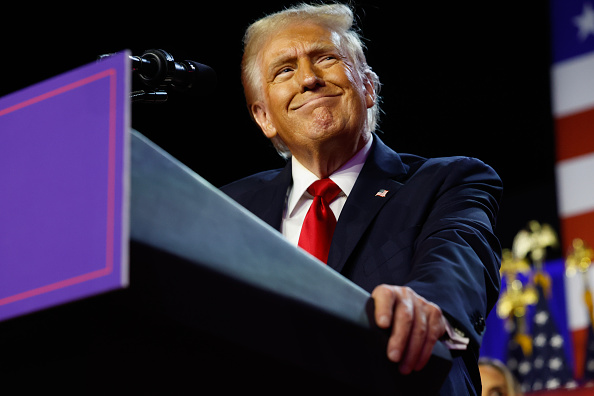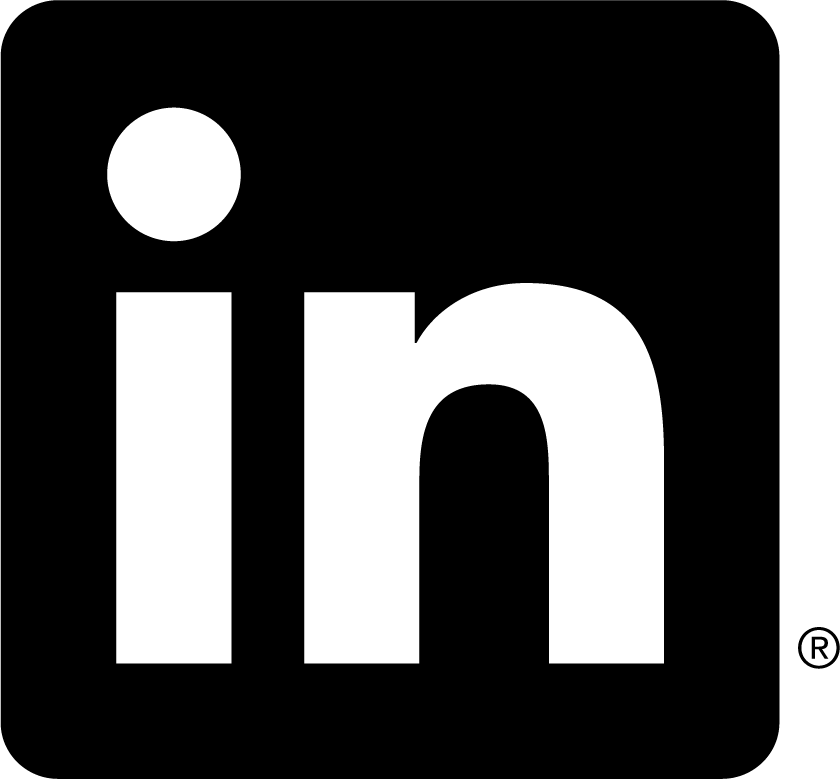
In this US election and UK Budget wrap-up, we consider key points at a glance.
Well, what a couple of weeks it has been. Rachel Reeves’ Budget on 30th October, which some may have suggested was a bit different to the pre-election business-friendly rhetoric, almost feels like a distant memory. Just days later and now we have it, Donald Trump has been elected 47th President of the United States – to add to his role of 45th on his CV. Is the world ready? And can you be 47th president as well as the 45th? Questions aplenty!
Anyway, let us start with the big news before returning closer to home… We’ve tried to keep it short for now.
Impact of US election – What do we make of Trump’s return?
Key points at a glance: expect stricter tariffs on imports, a kick in the teeth for the European auto sector and mass-produced consumer goods… and inflation.
The global economy is worried about tariffs. Talk of tariffs on his nemesis Chyna (sic) of 60%+ and 10% for the rest of the world is protectionism at its finest. Expect further inflation.
Open economies could get flooded with over-supplied goods looking to find a new home. US retailers generally do not manufacture their products domestically and import such a vast quantity of their stock. Mexican-made products like Corona (Constellation Brands) and Don Julio (Diageo) could face significant challenges too. And talk about kicking a sector when its down, the US potentially increasing tariffs on imports would be another blow for European auto manufacturers.
Trump has talked about removing “illegal aliens” from the country and firming up the border. A key policy for the electorate (sounds familiar?). If we can forgive the American parlance one moment, it also means a large number of unskilled workers will be removed from the economy, potentially reengineering an additional bump to the cost of labour.
It has been hard to keep up with all of the policy announcements, but not much has been mooted at all on spending cuts. Budget deficits are already humungous by historical standards outside of war times. The lack of discussion on reducing these deficits is palpable. They can tweak issuance plans as much as they like, but they will still need to raise a gargantuan sum of money from the markets every year to service and refinance their existing debts, let alone any new debt being added.
The sell-off in US government bonds post the election result is hard to disagree with.
Verdict: Tariffs tarnish Treasuries
Impact of UK Budget – Halloween Horror or not?
Key points at a glance: inflation fears and increased employment costs a fright for major players in the consumer sector.
The Budget was neither positive for the UK nor for the UK gilt market. Fortunately for the Labour government, the pension industry’s curtailment of LDI strategies dampened any sniff of exacerbated movements in the government curve with the UK 10-year rising over 75bps since September’s low.
The large increase in the national insurance (NI) levy, particularly the reduction in the threshold from £9,100 to £5,000, combined with a minimum wage increase, will be very expensive for labour-intensive businesses, particularly those at the lower end of the pay scale. For large grocery retailers, which employ thousands of people at the lower end of the spectrum, a large uptick in labour costs will ultimately have to be passed on in higher food bills.
A number of sectors have already come out against the Budget, with the hospitality sector likely most impacted. The fact that GPs have also come out against it too paints a picture of a broad spectrum of opposition.
The comments from the OBR were striking too, with GDP growth downgraded from 2% to 1.8% in 2026. If growth misses expectations, then lower government revenues could mean yet more borrowing. Something which, to us, sadly appears inevitable given the tax rises on businesses.
Verdict: Marginally negative – overall more trick than treat


